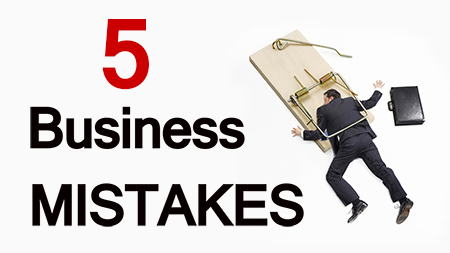How To Beat Taxes Without Going To Jail In Canada
One thing we have learnt, from the “Panama Papers” scandal, if we didn’t already know it, is that people will go to extraordinary lengths to keep their finances and other assets for themselves. The reasons for this might be understandable as, in Canada in particular, statistics show that the average person spends an incredible 41% of their income paying taxes, which makes it somewhat logical that the majority of rich Canadians spend so much time and resources trying to keep their money “safe” from the prying eyes of the taxman.
As we have seen this week, though, while hiding your money in tax havens is smart, depending on how you do it, it’s not always legal, and could put you in trouble with the law, or at get you a bad reputation with the media and public opinion.
If you are reading this article right now, you probably aren’t as wealthy as most of those who would attempt to hide their funds, but you probably share the same intrinsic motivation of wanting to keep as much as you can of your assets, for yourself, without running afoul of the rules. It’s basic human nature, and we are going to show you how you can achieve these goals in Canada.

#1. Income Splitting
Income splitting is a particularly useful tax management tool for medium income couples who may have one partner earning significantly more than the other. For tax purposes, the income of the higher earner can be split into two with one-half attributed to the partner with lower income such that both partners maintain relatively low tax rates. The implications are lower overall taxes because Canada operates a progressive tax system.
#2. Spousal withdrawal system
Spousal Retirement Savings Plans allow for one spouse, usually, the higher earner, to put money in a fund in the name of the other. This partner is referred to as the contributor. When money is withdrawn from the fund by the other partner, referred to as the planholder, the funds are taxed at a lower rate than the regular income of the same amount. There are rules and regulations you will need to abide by, however, and these include making regular contributions to the fund over a period of three years before making deductions.
#3. Capital Gains exemptions
Under Canadian law, you are required to pay a capital gains tax on any property you own which may have appreciated in value, for the amount by which its value has appreciated. However, the home or property wherein you live is exempted from this tax, so if you’ve got multiple properties that you’re looking to dispose of, you could protect yourself by moving into the one with the highest value or with the most appreciation in value such that when you do eventually sell it, your tax losses would be minimal.
#4. Divest bad stock
Turns out there is some silver lining to the cloud of tanking stock market investments after all. Investors who sell-off both good and bad stocks within the same year stand to gain from lower tax rates on the income from their good investments. So while you probably would much rather have all your stocks do well, you could still profit from having a few not so good ones.
#5. RRSP’s
Registered Retirement Saving Plans (RRSP’s), are just another way to put aside something for one’s latter years; however, these schemes can be a powerful tool for protecting your assets from taxes. This is especially relevant because, in most cases, people are trying to protect their assets with their retirement years in view. What you could do is park your funds in an RRSP where they would lie tax-free until you eventually make a withdrawal (in your retirement). At this point, the funds will be taxed but if you are in a lower income bracket by this time, which you should be, given that you probably will not be actively employed, you will be taxed at a much lower rate.
Conclusion
Realistically, no one would enjoy having to hand over 40% of their life’s income as taxes to the state and this explains a lot of the white-collar crime that we see in our society. However, criminal activity is not an acceptable alternative and it shouldn’t even have to be considered if you simply use the simple tips we have shown you in this article.





